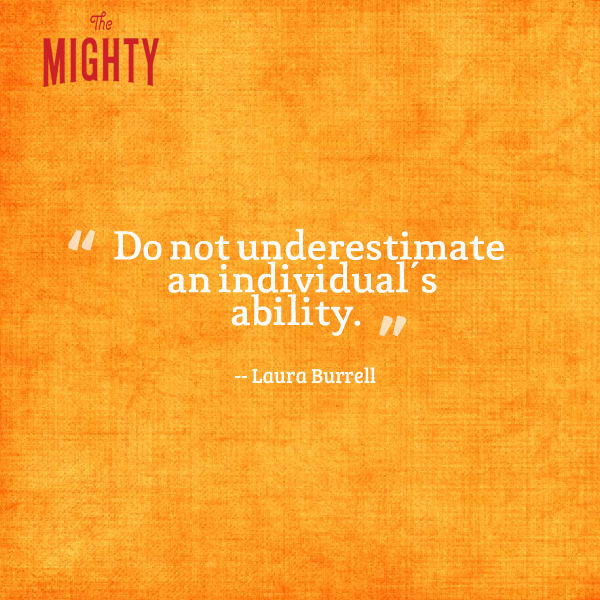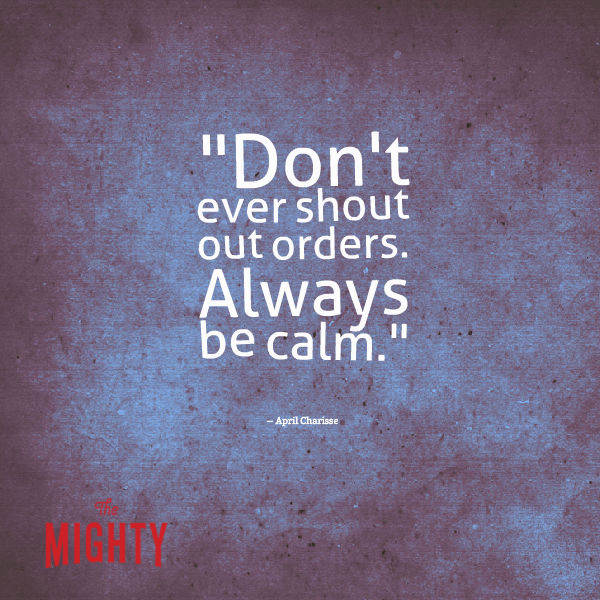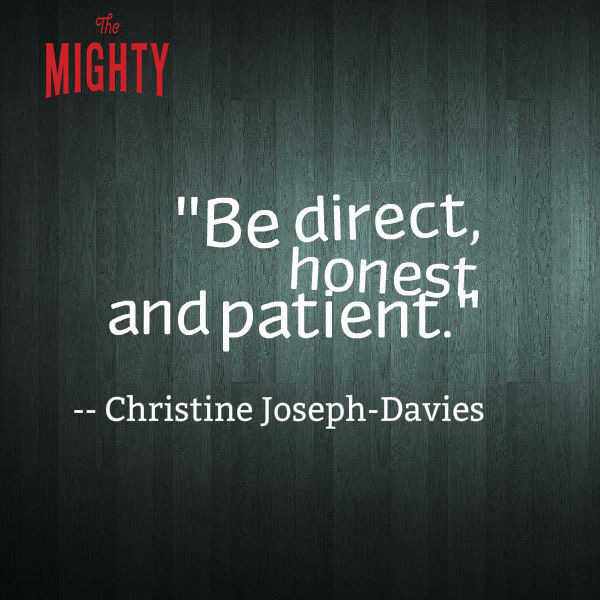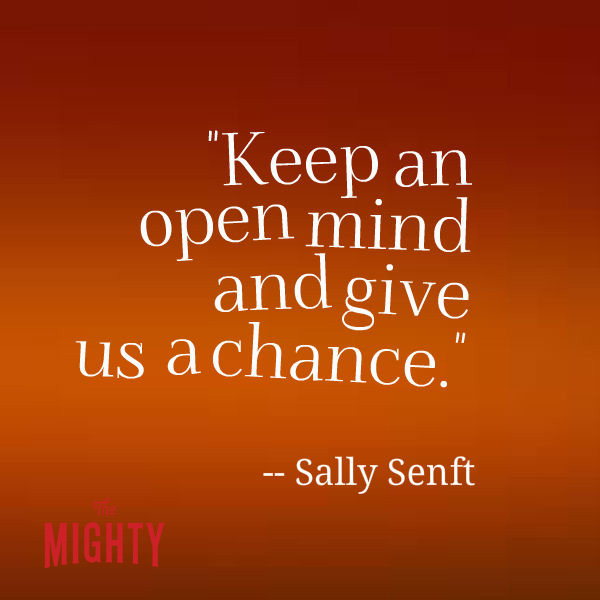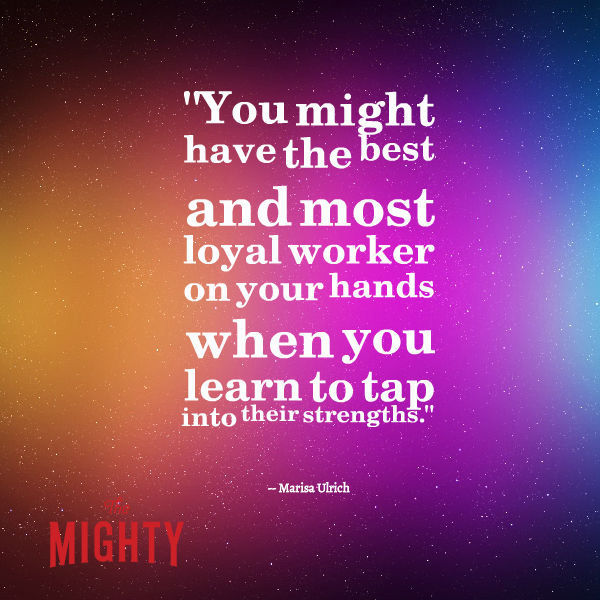30 Pieces of Advice for Employers Working With People With Autism
A 2012 study found that 35 percent of young adults (ages 19-23) with autism have not had a job or received postgraduate education after leaving high school, according to Reuters. And considering more than 3.5 million Americans live with an autism spectrum disorder, that’s a lot of people with unique perspectives and talents whose contributions to the workforce are being lost.
The Mighty teamed up with Autism Society to ask our readers for one piece of advice they’d offer employers about working with people with autism.
This is what they had to say:
1. “First you have you give [people with autism] a job, a chance to try. Without that, nothing else matters.” — Teresa Duncan Johnson
2. “Don’t assume we’re all the same. No two people with autism are exactly alike.” — Alison Loughlin
3. “Be very clear on your expectations.” — Valerie Glassman Mcguire
4. “Find out what their strengths and weaknesses are and see if you can find tasks for them that compliment their strengths. Also, be compassionate and understanding, it can go a long way.” — Maggie Bee
5. “Understand that people with autism have a different way of thinking.” — Brian Mah
6. “Let [people with autism] show you their gifts.” — Pamela Berzas
7. “If [people with autism] ask for time to gather their thoughts, allow it. Encourage it, even. Many meltdowns can be avoided with a few minutes of isolation to reduce sensory overload.” — AutisticalU, Facebook page
8. “Keep in mind it will be different for everybody. The fact that you once met your neighbor’s cousin’s nephew’s friend with autism does not mean you understand autism. Each person is unique.” — Tarina Beatty
9. “Do not underestimate an individual’s ability.” — Laura Burrell
10. “Presume competence, but also be patient when an employee faces challenges.” — Alicia Kobylecky
11. “[People with autism] see/perceive things differently than most of us. Stop and try to see things how they might. It will boggle your mind to see things in another light.” — Dina Harrison
12. “Don’t judge us, especially if we stim.” — Mandy Rain
13. “Learn everything you can about autism, but don’t forget that we are individuals. Get to know me. What motivates me, what could cause a meltdown, what you can do to help me succeed. Take the time to ask my parents/teacher all about me, they know me best.” — AnneMarie Bill Martin
14. “If verbal instructions don’t seem to be working, try print versions based upon literacy skills. My sons are very bright, but you could tell them all day and they’ll miss part of it. Give it to them in written form, success every time.” — Elaine Bowen
15. “Don’t ever shout out orders. Always be calm. I know my daughter would freak out and shut down if things were too fast-paced and instructions were being thrown at her left and right.” — April Charisse
16. “Structure and routine will help create the best environment.” — Laura Hershberger
17. “Be very concrete. What you ask for is what you will get.” — Christi Roberts
18. “Same rules should apply to every human. Everything we learned in kindergarten still apples. Kindness, acceptance and patience are required. Also, research please. Some people think when they know one person on the autism spectrum they know them all. Well, each person is unique. Just don’t forget that.” — Migdalia Matos Convery
19. “Acknowledge their humanity above all else.” — Kenyatta Norwood Horne
20. “Accept [people with autism] for who they are and treat them with respect like everyone else.” — Kayla Locke
21. “Even if [employees with autism] don’t look at you and communicate with you, talk to them. Tell them about your day, tell them you hope they had a good day. Treat them like you would anyone else, even if they may not always be able to respond and communicate back ‘appropriately.’” — Courtney Reitz
22. “Acceptance. Period, the end. No need for further comment.” — Cassandra Budreau-Dunn
23. “Be direct, honest and patient, don’t touch, yell or swear. You will have an amazing employee.” — Christine Joseph-Davies
24. “Understand how sensory overstumulation can be prevented, how to help when someone is overstimulated, and that most people with autism are much better with visual instruction and cues rather than verbal. Know how to communicate best with your employees and how to help them.” — Kathleen McKenna Nelson
25. “Don’t be degrading if we need reminders or if we don’t automatically know something that seems obvious. Our brains may work differently than yours, but we’re still well aware when you’re treating us like we’re lower than you.” — Emma Wozny
26. “Change and transition are difficult for me. Give me time.” — Erin McKinney
27. “If all your employees were as dedicated, had such meticulous attention to detail, were as honest and reliable as people with autism, you wouldn’t have any concerns.” — Cheryl Joyce
28. “Keep an open mind and give us a chance. My current boss did, and I’m doing great at my current job!” — Sally Senft
29. “Make sure you spend individual time connecting with the person. Earn his/her trust.” — Kera Maxwell Washburn
30. “You might have the best and most loyal worker on your hands when you learn to tap into their strengths.” — Marisa Ulrich
*Answers have been edited and shortened.

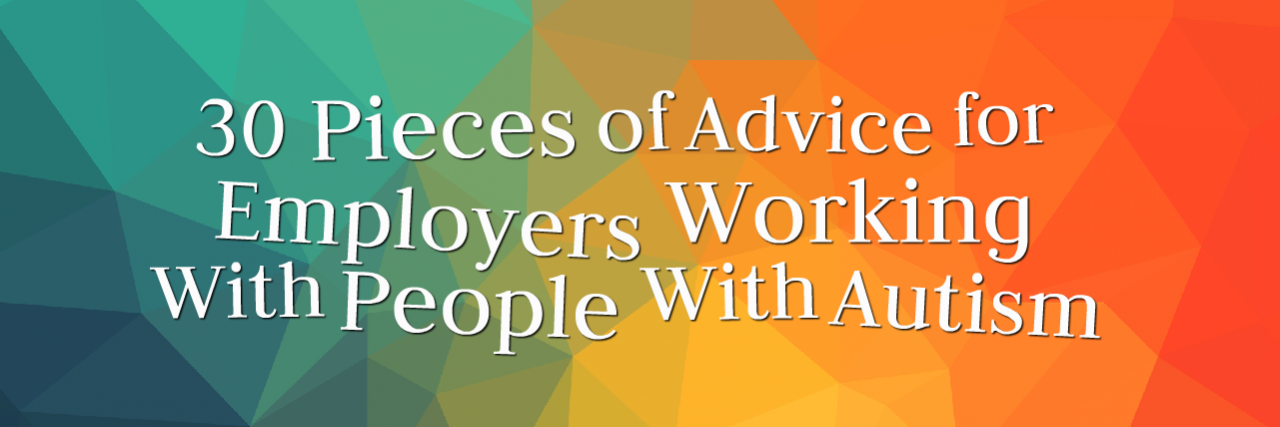
![Teresa Duncan Johnson says 'first you have to give [people with autism] a job, a chance to try. without that, nothing else matters.'](https://themighty.com/wp-content/uploads/2015/10/REDO2-copy.jpg)
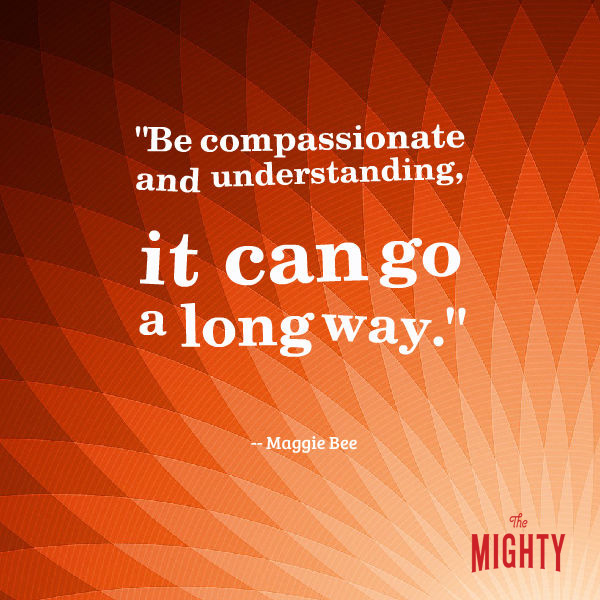
![Pamela Berzas says 'let [people with autism] show you their gifts.'](https://themighty.com/wp-content/uploads/2015/10/REDO1-copy.jpg)
